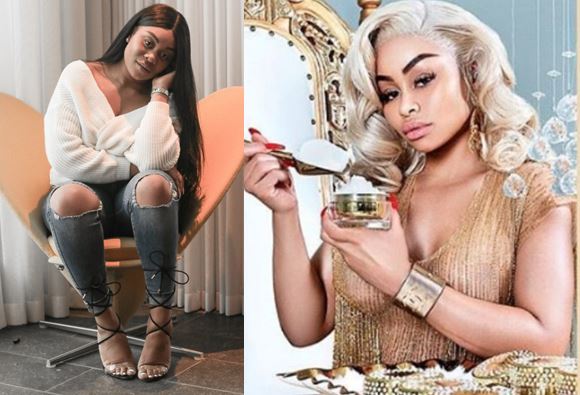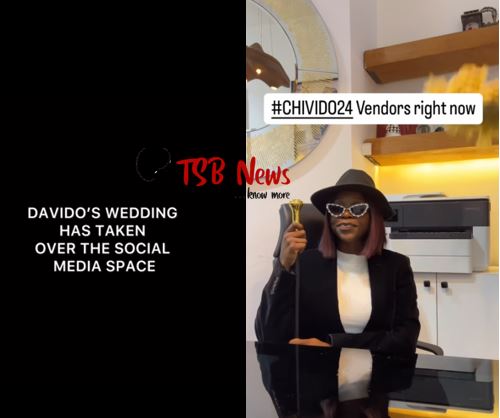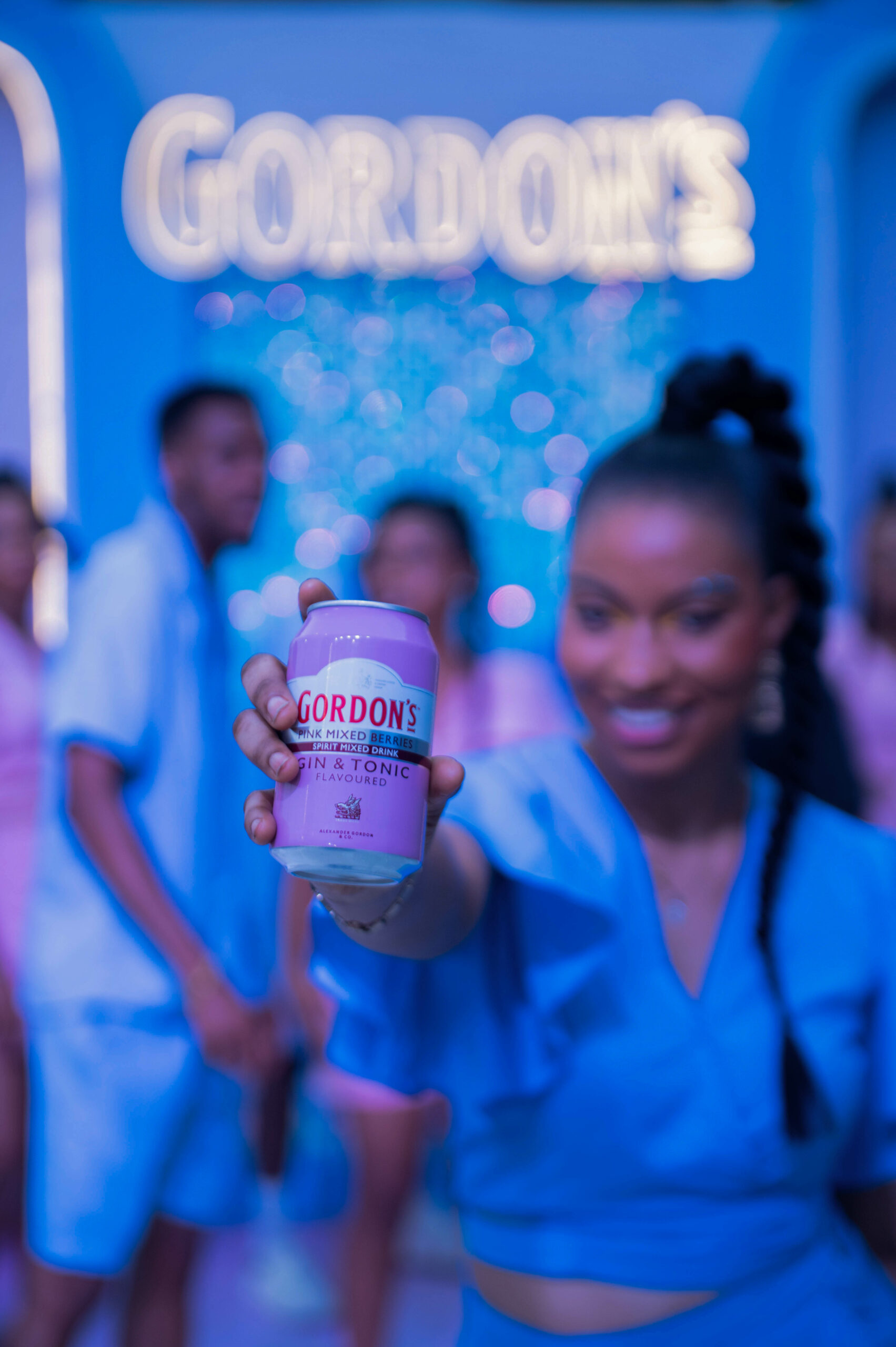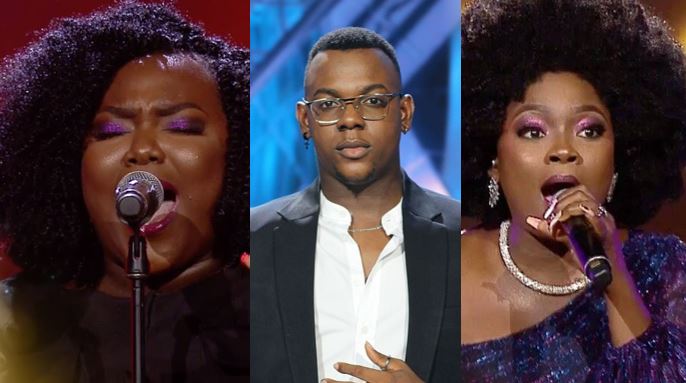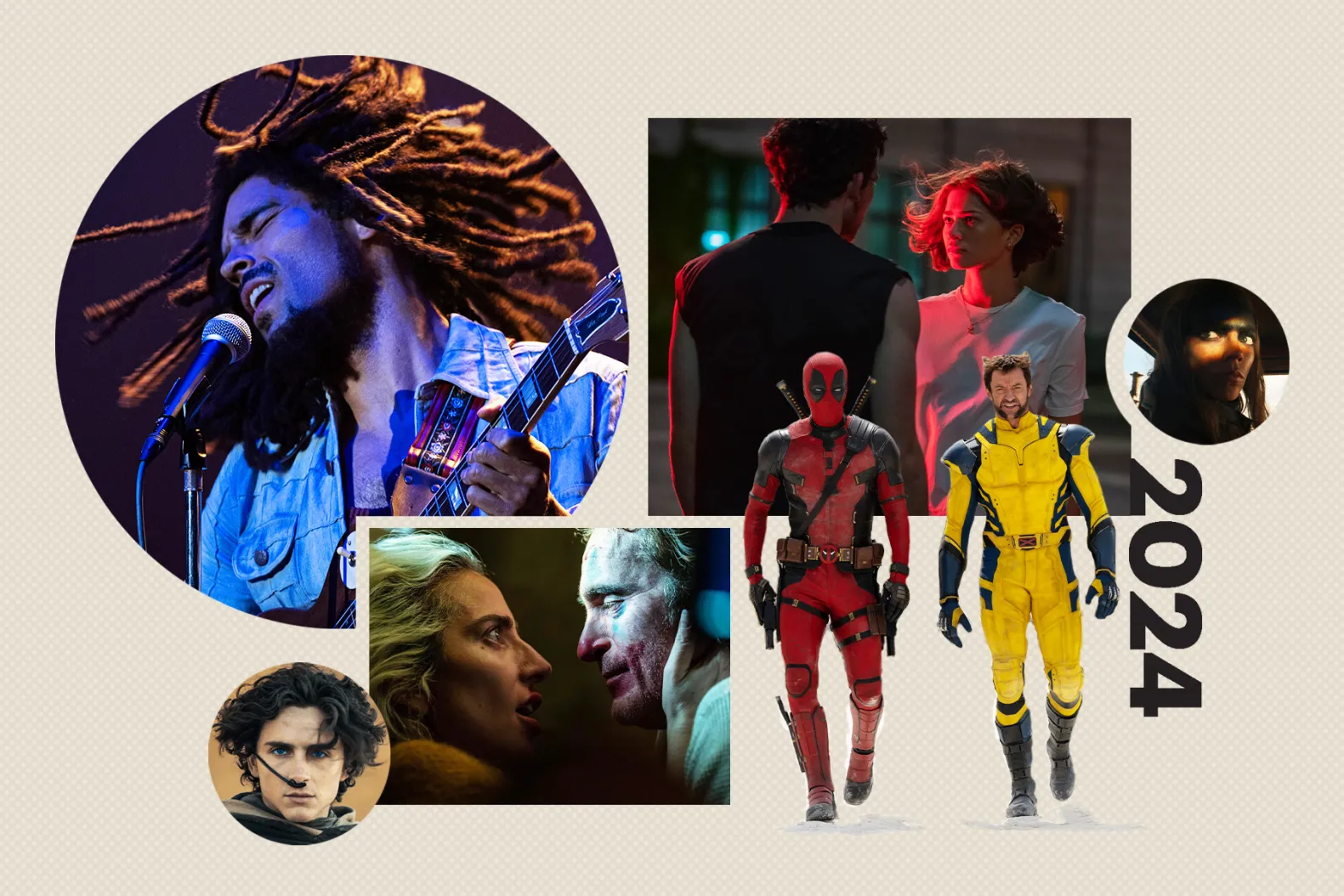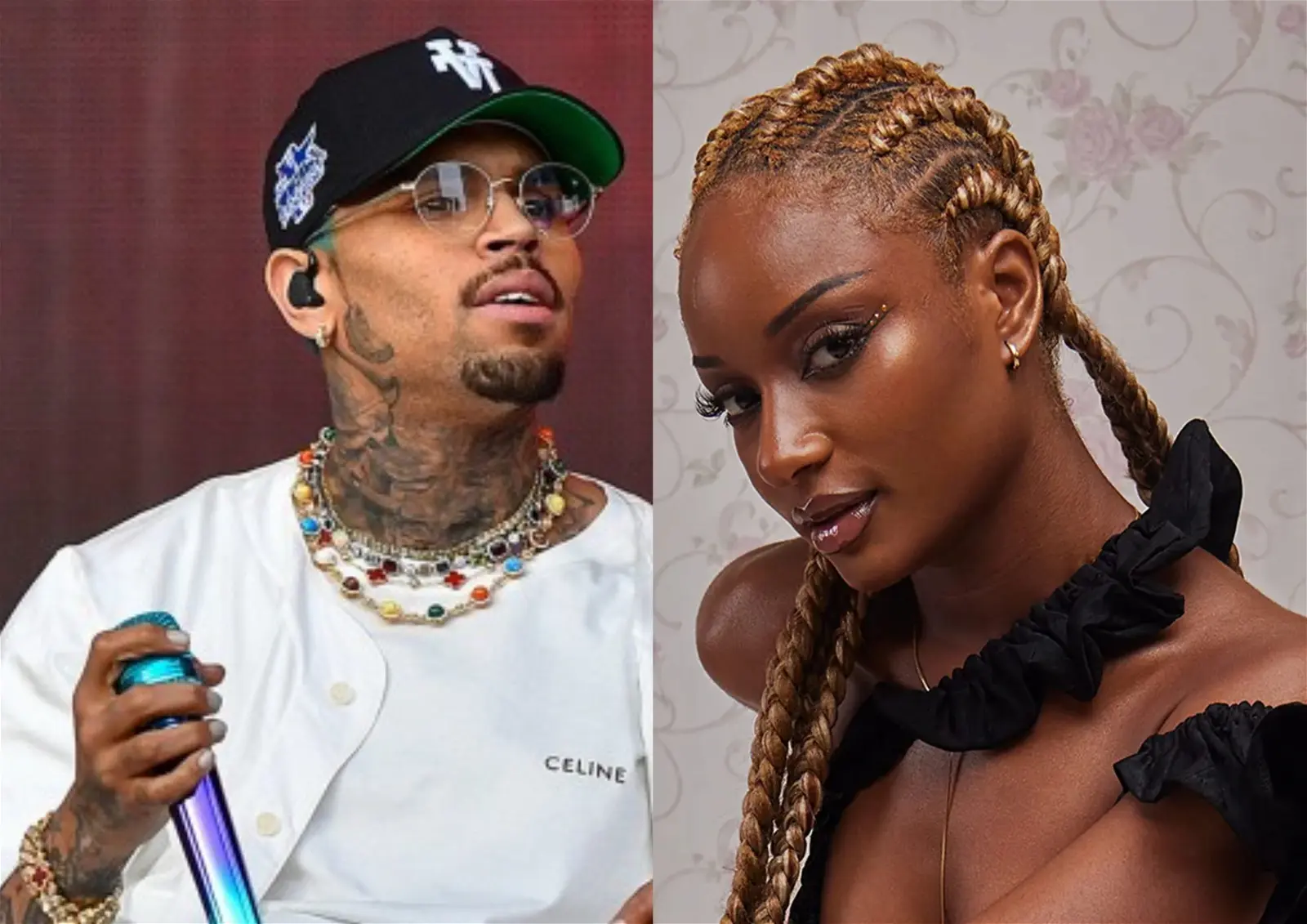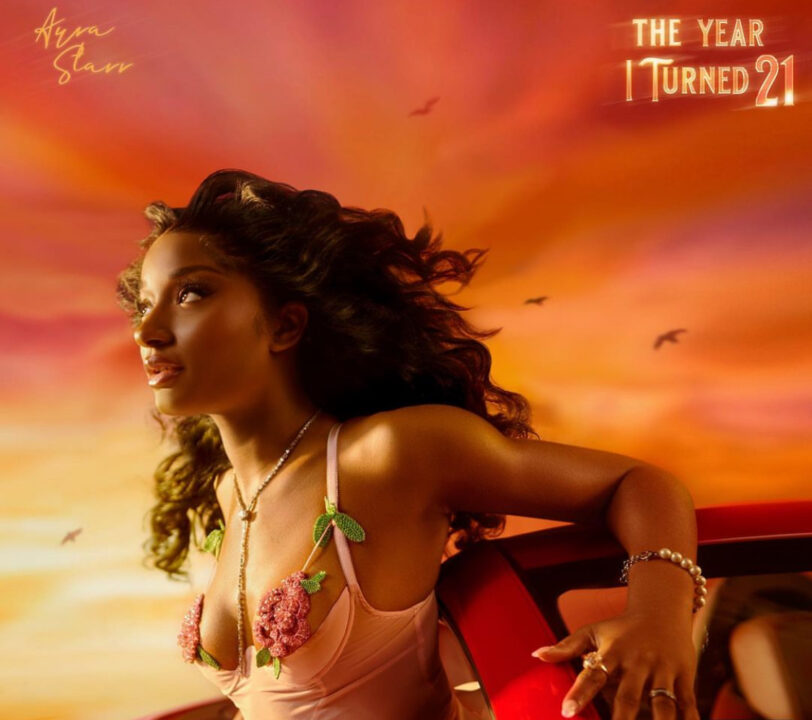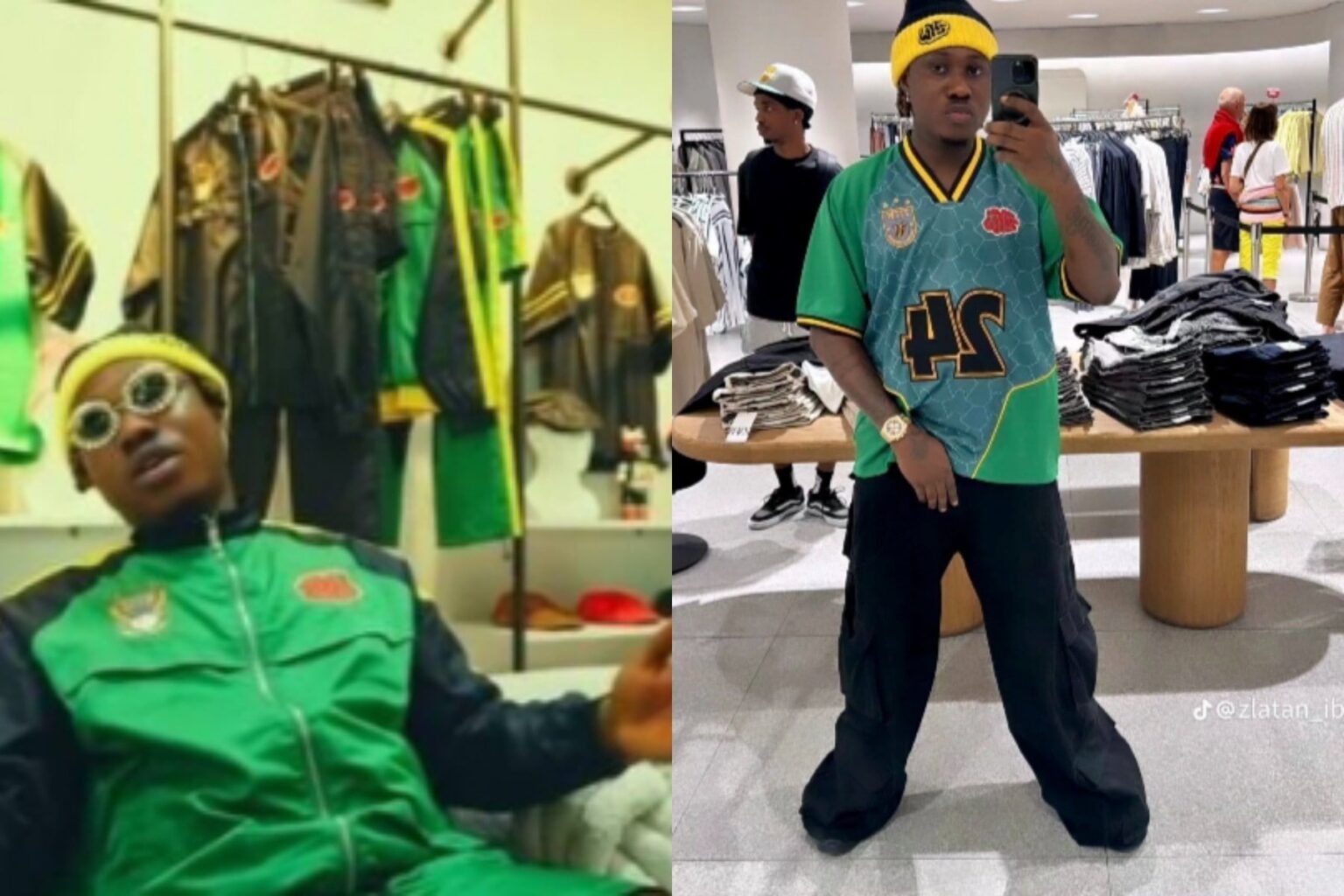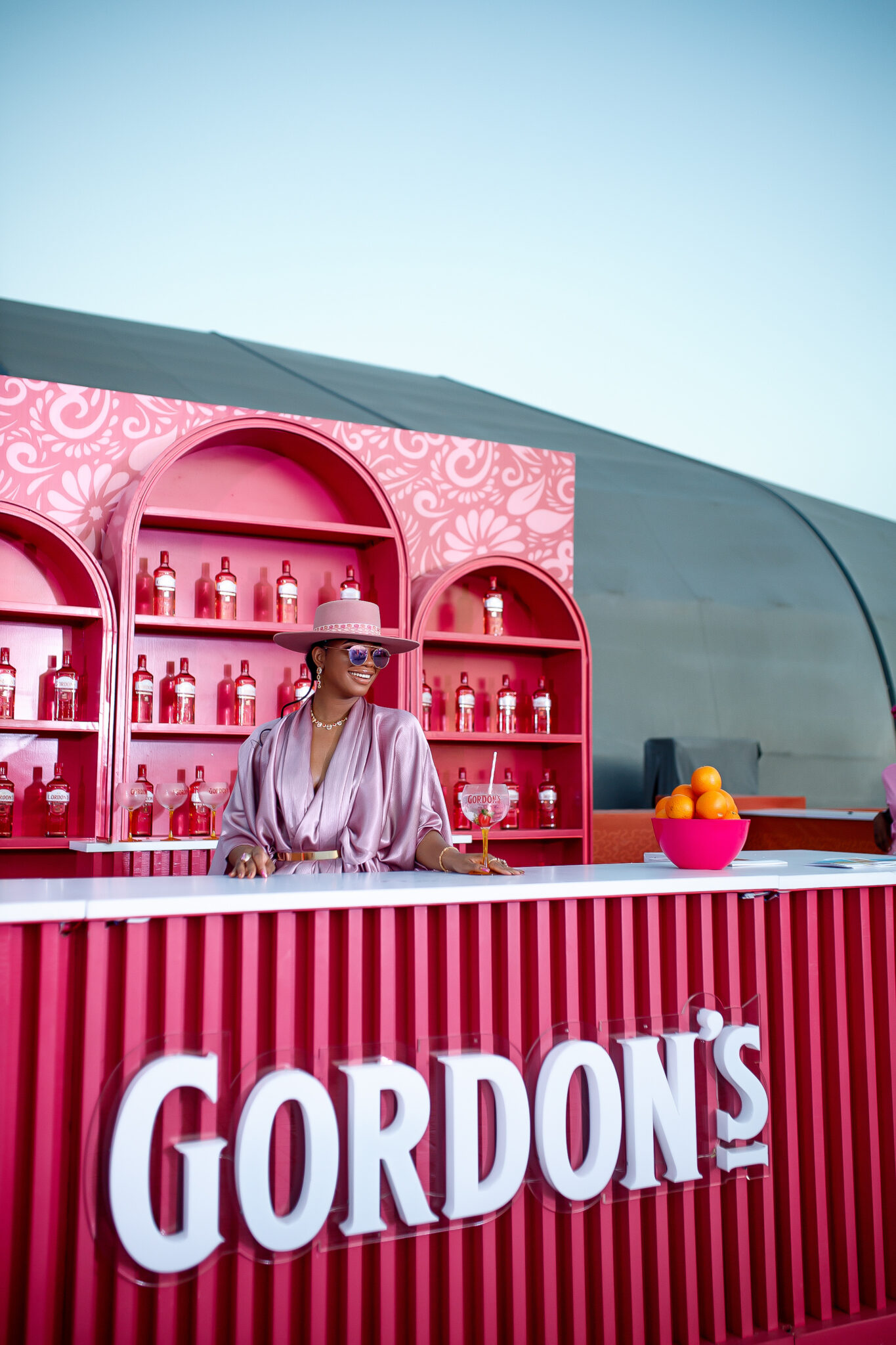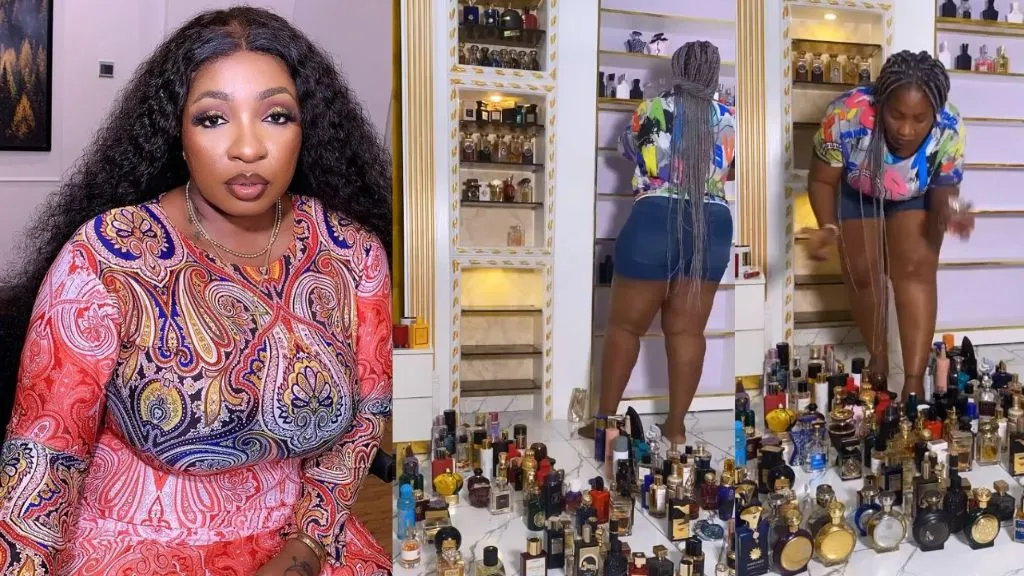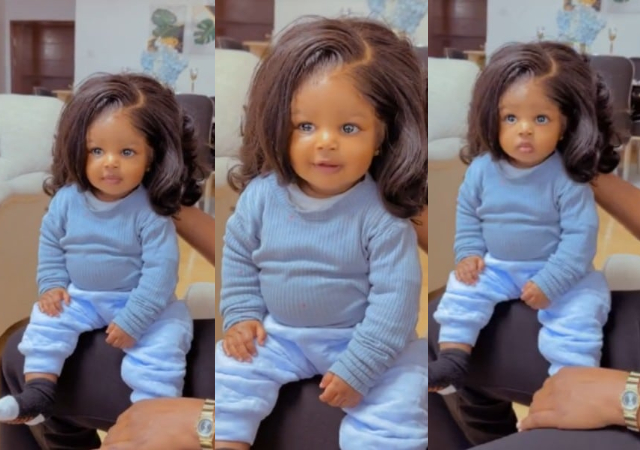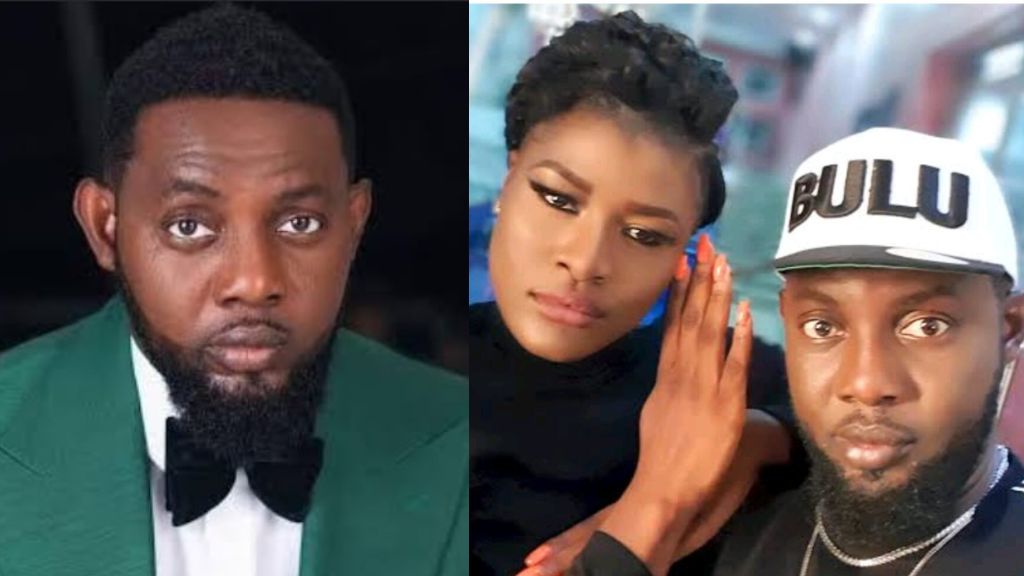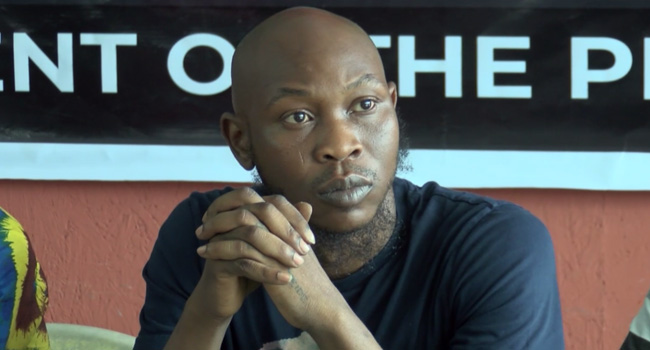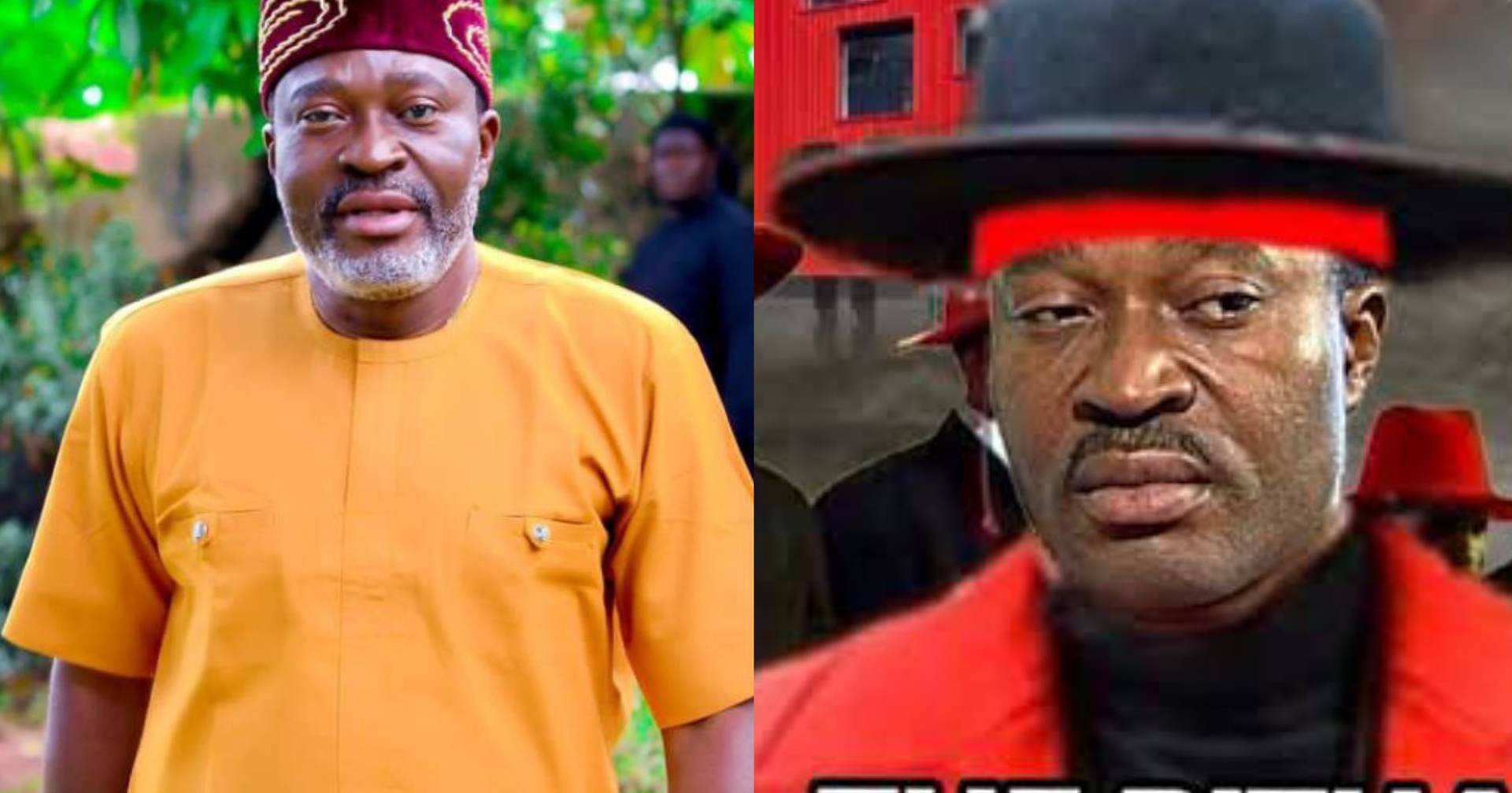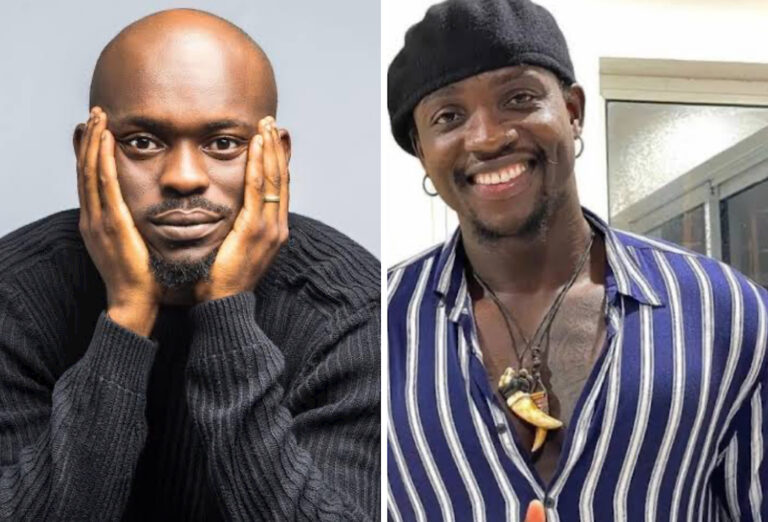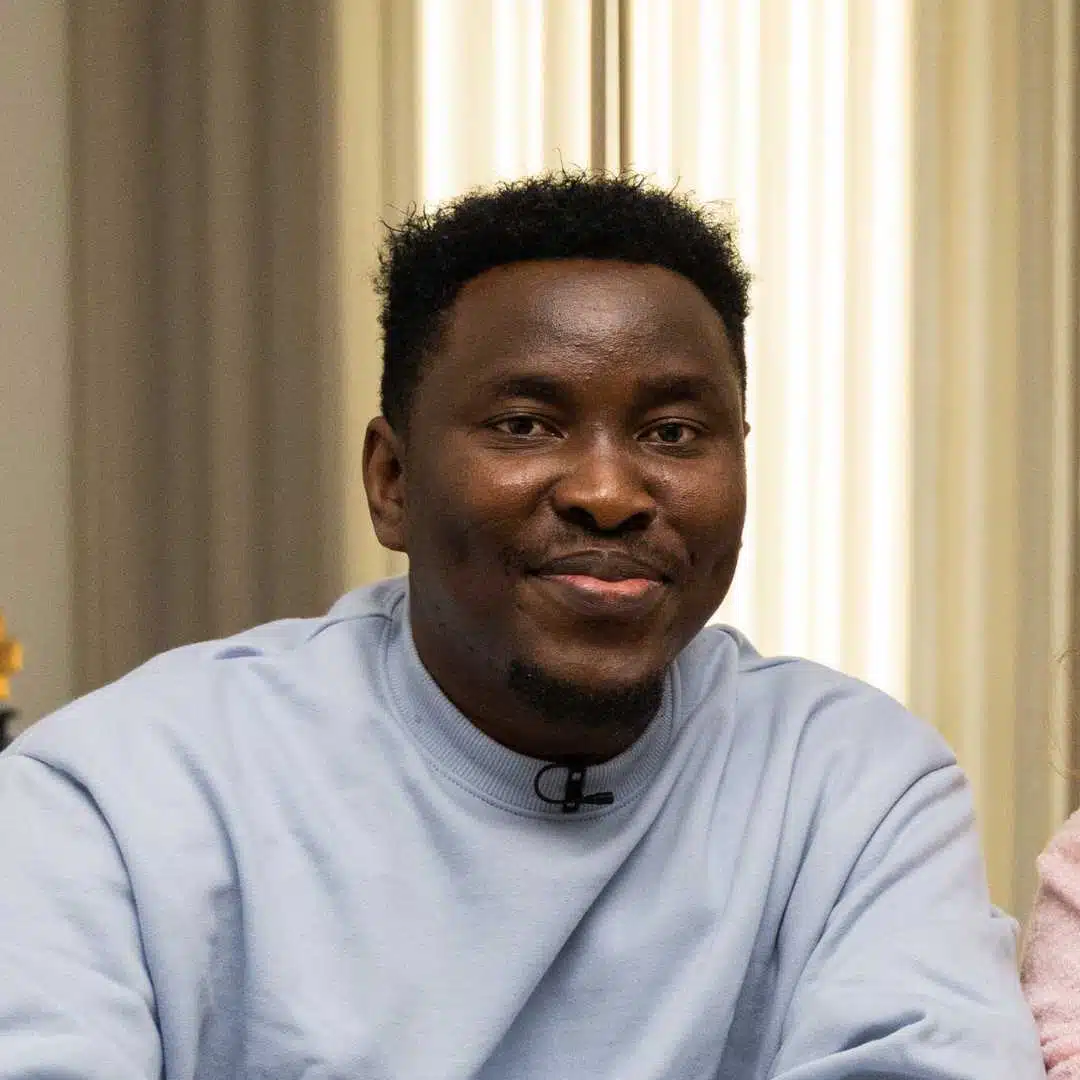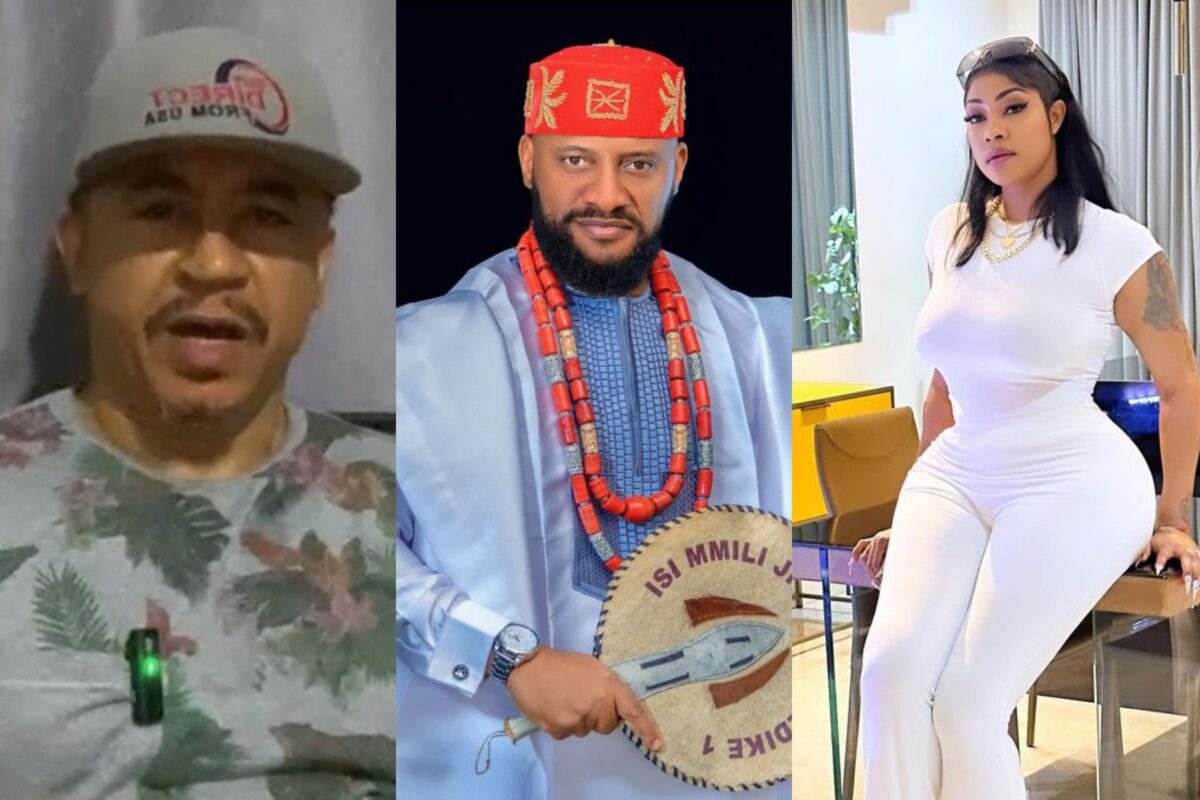Jamaican dancehall artist Grace Hamilton, professionally known as Spice, caused some serious controversy last month after she posted a picture on her Instagram page with the caption:
‘Nothing wrong with a fresh start…’. Spice was unrecognisable in the photo – it looks as though she had bleached her skin, which appeared at least five shades lighter.
While some seemed pleased that she had bleached her skin, Spice later revealed that she hadn’t actually done it – but was raising awareness of the issue of colourism in the black community, further motivated through her new song: ‘Black Hypocrisy’. Once I found out it was a publicity stunt, I saluted her for the creativity and carried on living my life as normal. Just when I thought the madness had subsided, another story surfaced – but this time it involved TV reality star and model, Blac Chyna.
She posted a photo on her Instagram page to 14.8million followers, promoting a skin lightening cream known as Whitenicious, and captioned it: ‘Lagos Nigeria, join me at the first official launch of my face cream this Sunday November 25th’. People were outraged. In the black community, skin lightening has always been a controversial issue. Some have argued that individuals can choose to do what they want with their skin and that people should mind their own business, which I completely understand and respect. However, there are a number of o
other people, myself included, who see it as a much deeper problem. Once it became clear to me that this is because they are using skin bleaching creams, I realised that some Congolese people genuinely feel like they have to use these products, because to them the lighter you are, the more beautiful you are. While I can’t speak for Nigerians, I can certainly understand some of the backlash Blac Chyna has received as a young Congolese woman who has grown up seeing how much of an effect skin lightening can have.
Congolese people are notorious for bleaching their skin, so much so that it’s assumed all of us do it. I am of lighter complexion, so every time I told people I am Congolese – whether it was in school or in other arenas in life – I would always be asked the same question. And as I grew older, I began to realise why. Skin lightening creams are just a normal part of the lives of a significant number of Congolese people. From aunts to uncles, the Congolese community is full of people (more so those from the older generation) whose skin has a slightly different hue and whose knuckles appear much darker than the rest of their body.
Once it became clear to me that this is because they are using skin bleaching creams, I realised that some Congolese people genuinely feel like they have to use these products, because to them the lighter you are, the more beautiful you are. It’s as if there’s a notion perpetuated within the community that ‘light is right’. The only way that they could truly reach the epitome of beauty was to be lighter or to have ‘fairer skin’, as others phrase it. So when celebrities, especially those with such large platforms, promote these kinds of products they are in essence perpetuating the very same message.
Bleaching creams are sold under the counter in Congolese food outlets and even in hair stores. What’s even more frightening is that people are going to Congo and buying huge packs of bleaching creams to bring them over to the UK and distribute within the community. This in itself is alarming; if there are this many people bleaching in the UK, can you imagine how many people are bleaching in Congo? The thought of it infuriates me. The problem for me doesn’t come with choice, it comes from a question that we all have to ask ourselves: whose standard of beauty are we trying to live by?
The aspect that people don’t talk about as much is the damage that bleaching products do to both a person’s physical body and their mental state. Bleaching creams have harmful chemicals that can make your skin highly irritable and more susceptible to cancer. It also affects the way people perceive themselves – these creams are essentially saying that you’re neither beautiful nor desirable until you’re at least several shades lighter.
Nissy Tee

